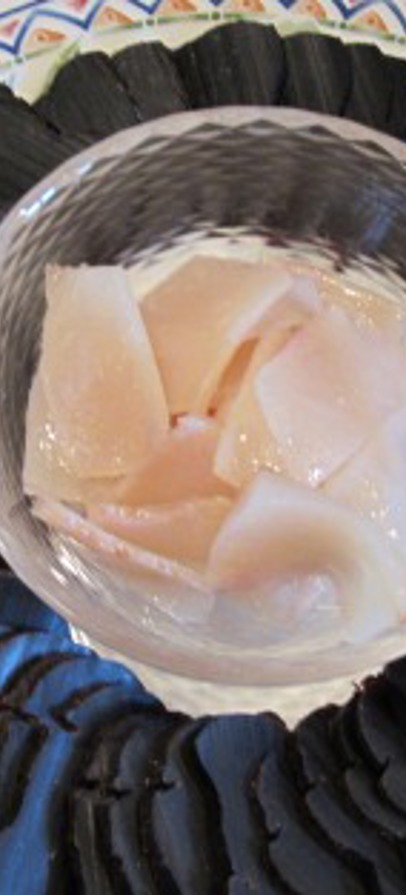Kosttilmæli um grind í altjóða tíðarriti
Í juli kom grein, sum Pál Weihe, leiðari fyri Deildini fyri Arbeiðs- og Almannaheilsu, og Høgni Debes Joensen, landslækni, hava skrivað í tíðarritið International Journal of Circumpolar Health.
Greinin kallast "Dietary recommendations regarding pilot whale meat and blubber in the Faroe Islands". Hon kann lesast her. Her verður við støði í kanningarúrslitum greinað, hví mett verður, at grind og spik ikki longri er egnað sum fólkaføði.
Enskur samandráttur av greinini
For centuries the pilot whale has been an important part Faroese life – both in regard to food and culture. However, studies dating back to 1977 have shown an increase in contamination of the meat, blubber, liver and kidneys of pilot whales. Several birth cohorts have been established in the Faroes in order to discover the health effects related to mercury and organchlorine exposure. In short the results have so far shown that: mercury from pilot whale meat adversely affects the foetal development of the nervous system; the mercury effect is still detectable during adolescence; the mercury from the maternal diet affects the blood pressure of the children; the contaminants of the blubber adversely affect the immune system so that the children react more poorly to immunizations; contaminants in pilot whales appear to increase the risk of developing Parkinson's disease in those who often eat pilot whale; the risk of hypertension and arteriosclerosis of the carotid arteries is increased in adults who have an increased exposure to mercury; septuagenarians with type 2 diabetes or impaired fasting glycaemia tended to have higher PCB concentrations and higher past intake of traditional foods, especially during childhood and adolescence. Also impaired insulin secretion appears to constitute an important part of the type 2 diabetes pathogenesis associated with exposure to persistent lipophilic food contaminants. From the latest research results, the authors consider that the conclusion from a human health perspective must be to recommend that pilot whale is no longer used for human consumption.
